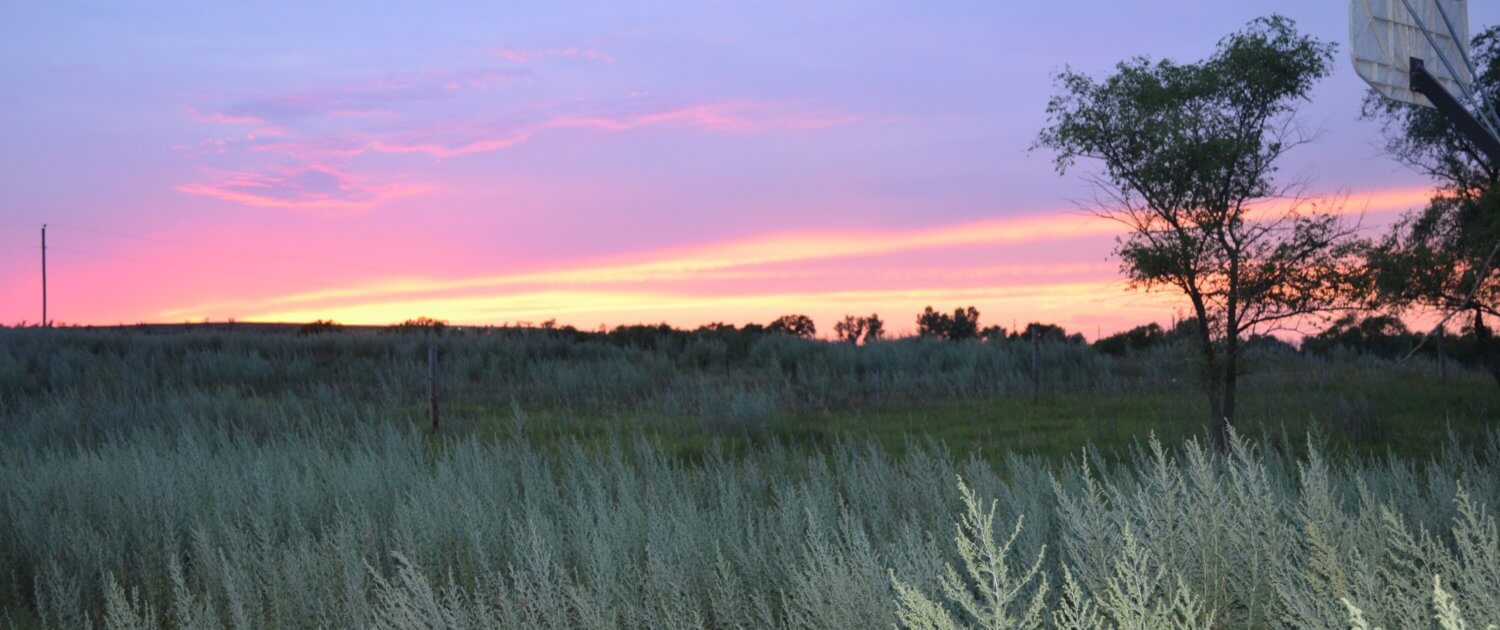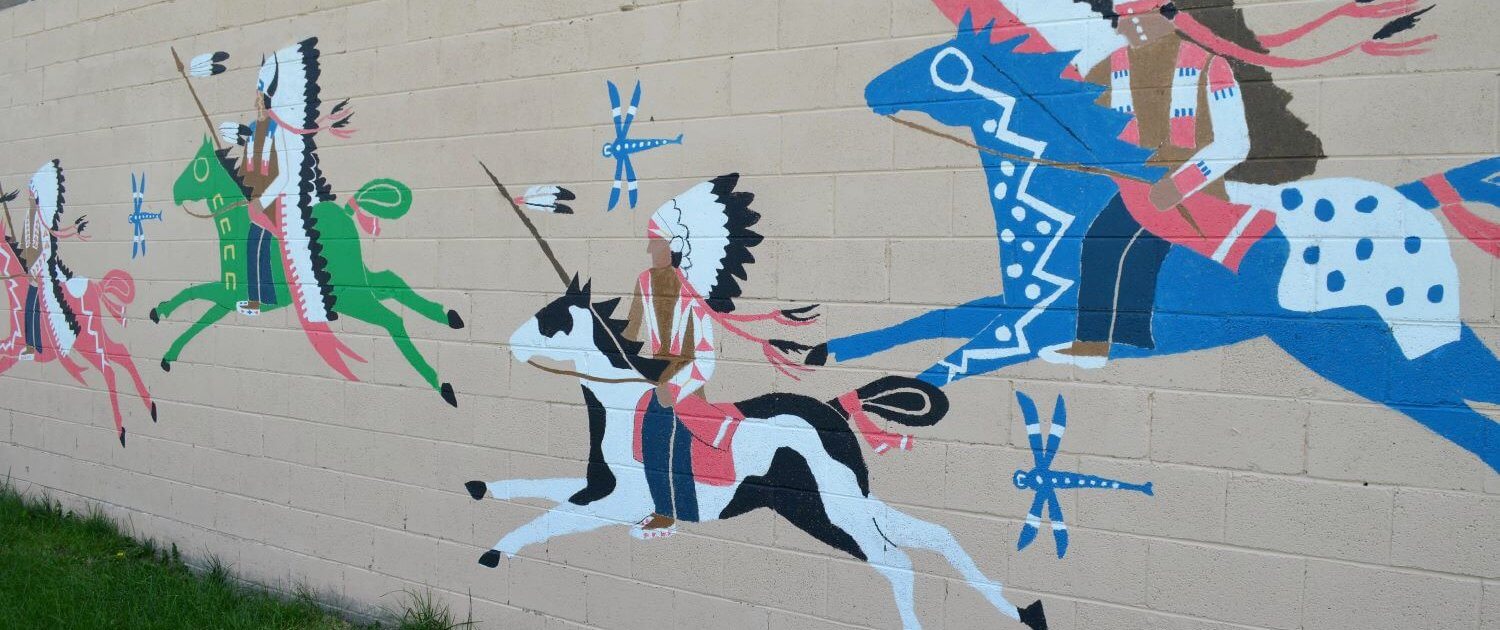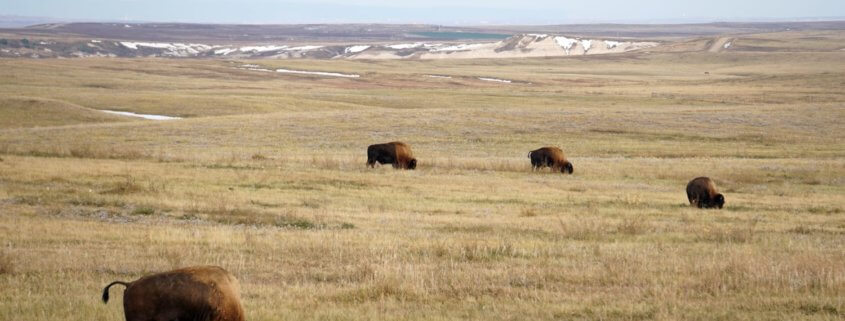The Rosebud Reservation’s Fight Against COVID-19
As it is with American Indian tribes throughout the nation, the Lakota people on the Rosebud Reservation of South Dakota are fighting to prevent a COVID-19 health crisis. While they employed highway checkpoints for a short time to control outside traffic into their communities, they now rely on tribal members’ cooperation with standard prevention practices to contain spread. Tribal leaders say the virus, and measures to fight it, will be a months-long, perhaps years-long battle.
The daily number of new coronavirus cases in South Dakota since the beginning of May has been dropping steadily from more than 200 to an average of 50. In the first days of June, this average went down to 30 new cases per day. But it’s too early for tribal leaders to think about returning to normal operations.

As has been reported, American Indians on average have higher rates of cancer, diabetes, cardiovascular disease, and chronic respiratory disease. And according to the CDC, this means that when COVID-19 reaches a reservation, the people living there are at a much greater risk of suffering severe illness. That’s why neighboring tribes have been in conflict with state government around restricting travel onto their sovereign land.
Added to the complexities of state or interstate travelers moving in and out of the reservation, tribal families live close together in inter-generational homes, which defeats standard “social distancing” measures. Global Volunteers’ Rosebud Reservation Host, Episcopal Reverend Dr. Lauren R. Stanley, “Mother Lauren,” emphasizes that prevention is the best cure for the pandemic, and supports measures to isolate any patients who are diagnosed with the illness. Rosebud Sioux Tribal President Rodney Bordeaux said in an interview on KELO Media group: “At this point, the (Sioux Falls) hospitals are not overcrowded, or near capacity, so we’re sending our sick patients over there.” KELO says gyms at the St. Francis Indian School are set up as isolation and quarantine sties. Out of the $8 billion set aside for tribal governments in the CARES Act, Rosebud is getting $58 million.
According to the Department of Health, Todd County, where most of the reservation is located, 43 cases of COVID-19 and one death has been recorded. But Mother Lauren believes the actual cases are greater. She says she personally knows of many people with COVID-19. Another issue is that the number of cases is increasing rapidly. And according to the South Dakota Department of Health, the number of cases on the Rosebud Reservation is expected to keep increasing until mid-June.

With only 25 beds and two ventilators, the Rosebud hospital is ill-equipped to handle and epidemic. Because of this, two tribal members with COVID-19 were taken to hospitals in Sioux Falls and Rapid City for treatment. Mother Lauren herself was self-quarantined for five weeks due to COVID-19 symptoms. She never actually tested positive—because there was a lack of tests, but she says her physician believes she had the virus. Thankfully, she recovered and only recently started serving her parish in person again.
Mother Lauren cites oppression and displacement as the root of generational poverty and poor health on the reservation. According to the 2019 County Health Rankings & Roadmaps, in Todd County 56% of children live in poverty, compared with 33% in American Indian Lands and 22% in rural America. The median household income is $29,046, compared to $41,900 in American Indian Lands and $46,600 in rural America. Only 56% of students graduate high school, and 30% of the population reports severe housing problems.
Despite the mitigation efforts the tribe has put in place, the threat of COVID-19 among challenging conditions has the Rosebud Sioux people contemplating a long struggle throughout their short summer – and plans for how Global Volunteers can help them recover in Summer 2021 when – hopefully – the worst is over.
Read on to learn more:




Leave a Reply
Want to join the discussion?Feel free to contribute!